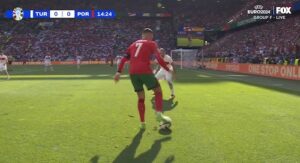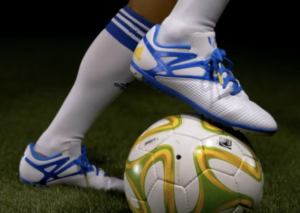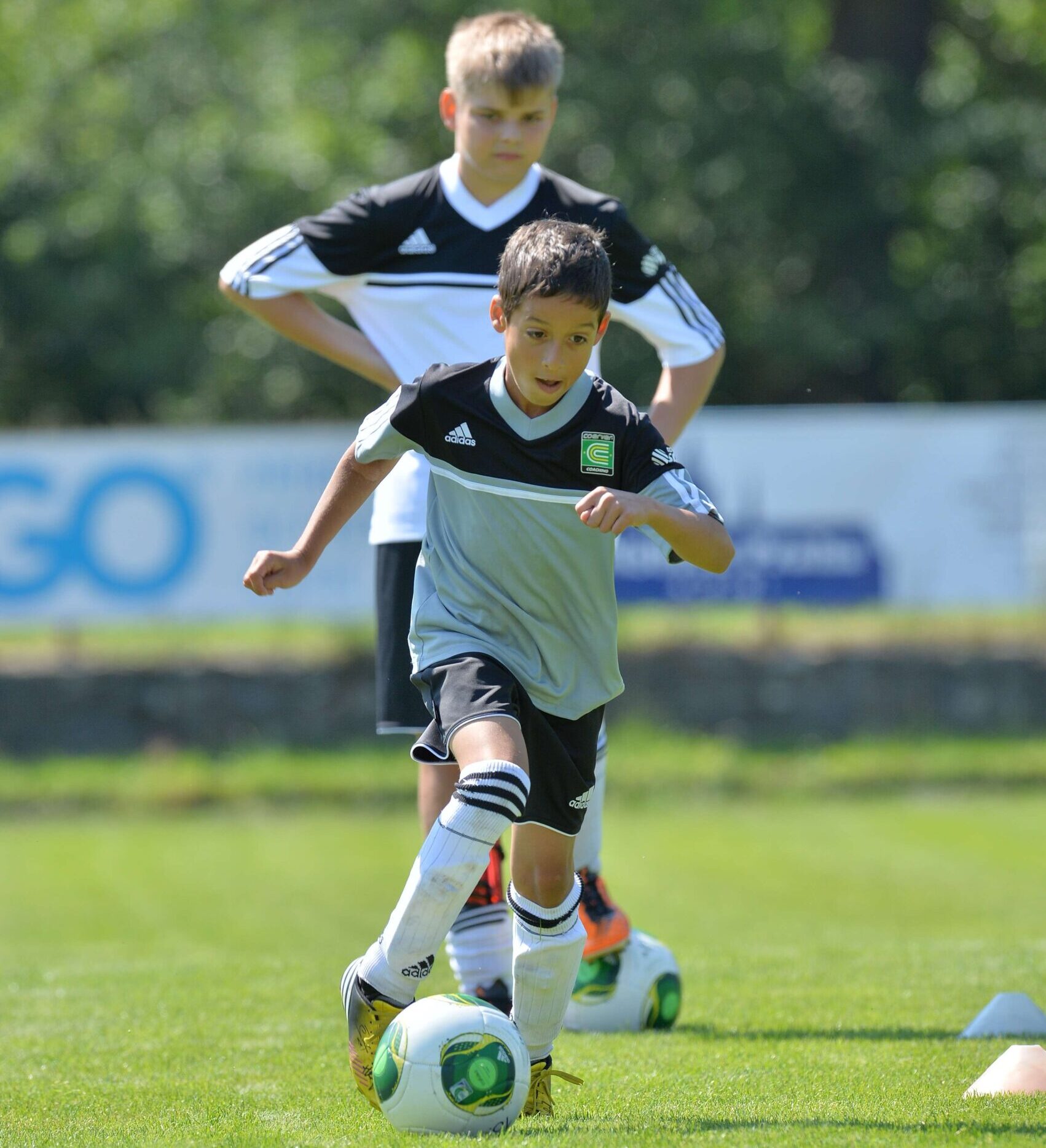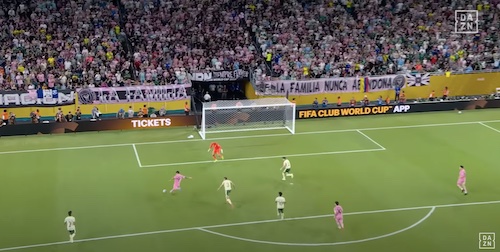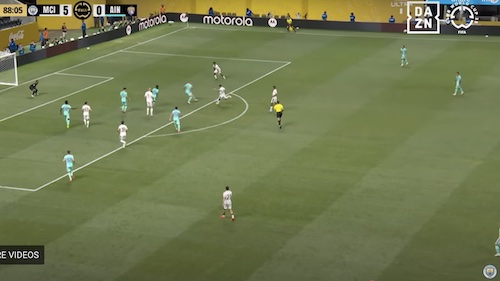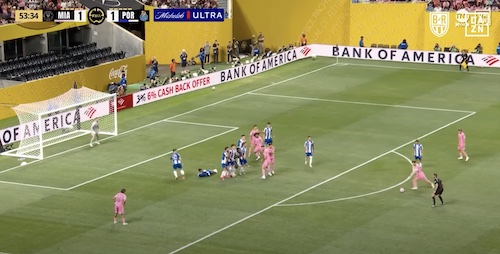England’s Fight to Host the 2018 World CupThe infamous WAGs were nowhere to be seen, but, for the second time in a month, handbags have threatened to derail England’s bid to host the 2018 World Cup. Back in October, the English bid was heavily criticised after it emerged that the wives of FIFA’s executive committee – the 24 men who will decide where soccer’s premier tournament will be staged – had been bought expensive Mulberry purses. On Tuesday, they were handbags of the metaphorical variety, as Premier League Chairman Sir Dave Richards resigned from the bid’s board ‘for personal reasons’, sending a damning vote of no confidence in the direction of his latest foe, under-fire Football Association and bid team chief Lord Triesman. Richards’ well-known dislike for Triesman is typical of a culture of personal conflict and petty squabbling pervading English soccer’s corridors of power. It’d almost be quicker to list who doesn’t hate who, with Richards’ departure also linked to the arrival of Simon Greenberg as chief of staff and the proposed involvement of David Dein within the campaign, as well as the departure of Richards’ chief ally, former Sports Minister Richard Caborn, in the recent reshuffle. David Davies – former Executive Director of the FA – provided the ‘Inside story’ on the infighting within English soccer’s governing bodies in his 2008 book ‘FA Confidential.’ Among the revelations comes the story of Richards and Caborn bullying the previous FA Chairman Geoff Thompson on train journeys, symptomatic of the terse and fractious relationships between the most powerful men in English soccer. Looking ahead to the 2018 World Cup bid, Davies concludes: ‘If England are to play a winning hand… Lord Triesman will need 100 per cent support, and no backbiting.’ Some chance! Richards’ announcement was surely timed to do maximum damage, coming as it did 12 days after the board was streamlined in an emergency meeting, and with 15 English cities yesterday preparing to put forward their bids to host tournament matches, should England win the vote in December 2010. Richards held the position of Deputy Chairman in charge of international relations and strategy on the 2018 bid’s board, a vital role in a campaign as much about rubbing shoulders and massaging egos as it is about proving you’re ready to host the biggest sporting spectacle. England’s recent friendly defeat to Brazil – held in the middle of a packed season, thousands of miles away in Doha, Qatar – was a sure-fire sign of strategic vote garnering. Qatari Mohamed bin Hammam is a FIFA Executive Committee member and a powerful voice within Asian football: an important man to have on side. More significant than the loss of Sir Dave Richards’ talents though, is an air of disunity that currently hangs over the English bid. Karren Brady, herself demoted to an advisory role during the reshuffle two weeks ago, admitted that the bid looks like a ‘shambles’ from the outside. ‘I just hope that things can be resolved – so that actually hosting the World Cup is at the top and not at the bottom’ [of the priority list], she told BBC Radio 5 Live. The right to host the 2018 tournament looked like England’s to lose when they first threw their hat into the ring in January. Since then, they’ve done their absolute utmost to do exactly that. First, Lord Triesman’s £100,000-a-year salary for a two-day-a-week exertion was called into question by Arsenal powerhouse David Dein. October was a tough month, as despite strong support from Prime Minister Gordon Brown, the government refused to grant the anticipated £5 million towards the campaign, instead loaning only £2.5 million in a time of economic thrift. Loud-mouth FIFA V.P. and England adversary Jack Warner declared the bid ‘lightweight’ on the same day he was given a Burberry bag to pass on to his wife, while Lord Triesman’s leadership of the campaign has repeatedly been called into question. A crisis meeting on November 12th resulted in a new slimline six-man team, but Richards resigned before its first meeting. The bid’s frailties have been abetted by a level of press hostility and scepticism totally foreign to other bids’ supportive national media. This latest scandal has handed the initiative once again to England’s well-behaved rival candidates. After two southern hemisphere World Cups – South Africa 2010 and Brazil 2014 – FIFA wants its premier tournament to return to Europe in nine years time. Prime Minister Vladimir Putin has invested time and money in the Russian bid, but basic infrastructural shortfalls remain the biggest obstacle. The failure of Guus Hiddink’s side to qualify for South Africa can’t be good news either. Spain and Portugal’s joint bid remains England’s closest competitor. The Iberians’ calling card is simply the majesty of their stadia, which include the Santiago Bernabéu in Madrid and Camp Nou in Barcelona. They can point to the success of Euro 2004 in Portugal and count on South American votes. However, FIFA President Sepp Blatter is known to dislike joint bids, and problems of racism within Spanish football – brought to the fore when England visited Madrid for a friendly in 2004 – won’t go away. England’s got the Premier League – widely recognised as the world’s best, a number of world-class venues including Wembley, Old Trafford and several brand-new stadia which will be completed in time for 2018, solid transport and security infrastructure, as well as David Beckham to smile and shake hands. Most significantly, the London 2012 Olympics will provide great experience in planning and running a top-class sporting showcase, and the Premier League’s programme of football aid in Africa has won the English game a lot of support. On paper, the English bid is streaks ahead. If only that was how it was decided. If England don’t win the right to host the 2018 World Cup, then the bigwigs at the FA, the Premier League and on the bid board will have nobody to blame but… each other. Tom Sheldrick is a freelance writer and can be reached at: tomsheldrick@hotmail.com |
Your Soccer Resource Center



